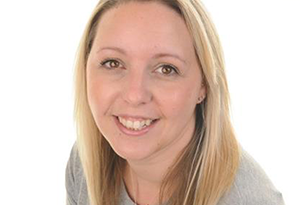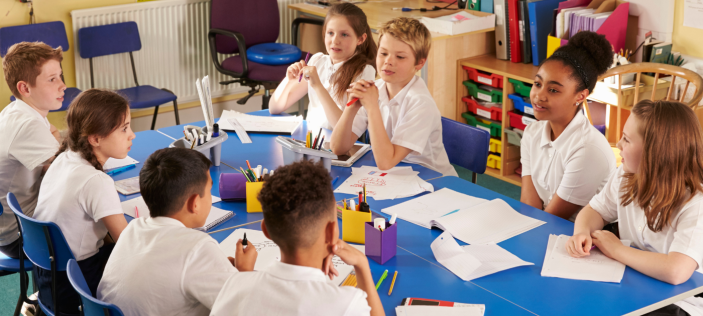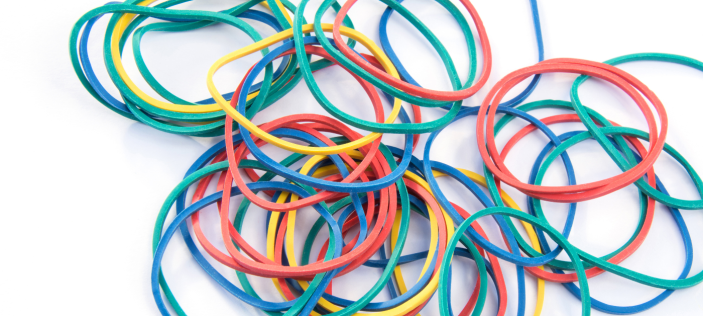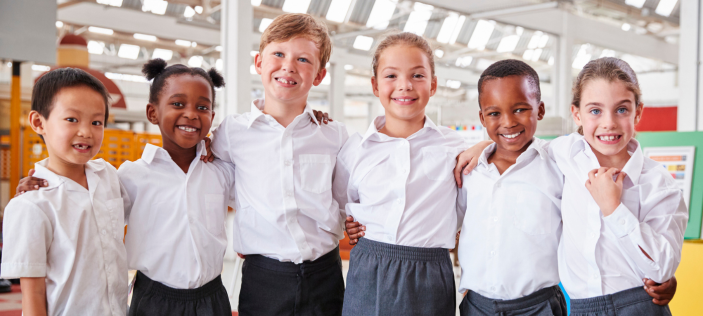No matter where or when we went to school we can all confidently and quickly answer two questions: who were our most and least favourite teachers? So, who were yours, and why? Is your personal choice due to their pedagogical practices? Perhaps that is part of it; but I would wager that it is based mainly on how that teacher made you feel, either about the subject or about yourself. When I think back to those who had the biggest impact on me it was their belief or non-belief in my abilities that were crucial and whether their interaction with me built or shattered my self-confidence.
As educators we are in the privileged position of shaping and moulding young people in ways that we are not always entirely aware of. Even a passing positive or negative comment can resonate strongly and have a lasting effect. Covid has added new layers of complexity into all of that, of course. Post-pandemic ‘catch-up’, staff shortages and ongoing teacher/class disruptions, not to mention the ongoing pressures of the curriculum and the need to evidence progress in spite of disruption are all piling on the pressure. So those of us who hoped that returning to school would mean a return to ‘normal’ have been disappointed. Yes, timetables, face to face teaching and ‘normal routines’ have returned, but these reinstatements are not a cure-all and can be somewhat superficial. The truth is that our staff and our pupils are not the same as they were pre-pandemic and our engagement with each other has been incredibly disrupted. Like never before we need to look at giving time and priority to establishing and building solid relationships, rebuilding trust and getting to know each other again. So, for individual practitioners there is an important reflection to undertake; which pupils do I have a good rapport with? And which do I still need to connect with and how can I achieve that? When pupils feel safe and happy, they are able to learn successfully, and that is underpinned by quality relationships and a sense of being valued.
Let me raise a question about the importance of teacher-pupil relationships by extrapolating from the national exclusion data. From 2016/2017 until 2018/2019 permanent school exclusions remained largely the same at approximately 7,900 per year. In 2019/20, with lockdown beginning in the Spring term, they decreased by only an approximate 2800. (Permanent exclusions and suspensions in England, Academic Year 2019/20 – Explore education statistics – GOV.UK (explore-education-statistics.service.gov.uk). These figures are shocking I know. Since 2014, the most common reason given for permanent exclusions, accounting for around 1/3 of them all, is ‘persistent disruptive behaviour’. Of course, each of these cases are individual, but most began with much smaller issues. We all now understand that behaviour is communication and that when pupils are seen to be ‘disruptive’ they are articulating an underlying problem or need. So the question must be asked, could any of these exclusions have been avoided had there been more time and space focused on developing a deep trusting relationship with these individual pupils?
As educators we cannot always know what is happening behind closed doors for our pupils. Does this pupil have an army of supporters or is their family struggling? Do they feel safe or are they deeply troubled? However, what we can control is how we make our pupils feel when they walk through the school doors every single day. Every child needs to know that each day is a new day fresh with no mistakes and that we are there for them as a valued human being. Every member of staff in school has an important role to play in investing in relationships with pupils. Not just the pupils that make it easy, but every pupil. The power of connection is limitless.



